Artificial intelligence (AI) has rapidly become a pervasive force in society, with applications ranging from virtual assistants like Siri and Alexa to self-driving cars and advanced medical diagnostics. While the benefits of AI are clear, there are also concerns about its impact on society and culture.
One of the key ways that AI is changing society is through automation. As AI becomes more advanced, it has the potential to replace human workers in a wide range of industries, from manufacturing to customer service. This has the potential to lead to job loss and economic disruption, as some workers find themselves displaced by machines. On the other hand, AI also has the potential to create new jobs and industries, as businesses adapt to the new technology.
In terms of culture, AI is impacting the way we interact with technology and each other. Virtual assistants like Siri and Alexa have become a routine part of many people’s lives, changing the way we access information and communicate. AI is also being used in entertainment, with algorithms being used to predict consumer preferences and create personalized content.
One of the most significant impacts of AI on society and culture is its potential to exacerbate existing inequalities. AI algorithms can be biased, reflecting the biases of their creators and the data they are trained on. This can lead to discriminatory outcomes, particularly in areas like hiring and lending decisions. As AI becomes more widespread, it will be crucial to address these biases and ensure that the technology is used in a fair and ethical manner.
Despite these challenges, there are also opportunities for AI to benefit society and culture. AI has the potential to improve healthcare outcomes, enhance education, and address pressing global challenges like climate change. By harnessing the power of AI in a responsible and ethical manner, we can create a more inclusive and equitable society.
In conclusion, the impact of AI on society and culture is complex and multifaceted. While there are concerns about job displacement, bias, and inequality, there are also opportunities for AI to improve our lives in meaningful ways. As we continue to explore the potential of AI, it will be essential to consider its impact on society and culture and work towards ensuring that the benefits are shared by all.
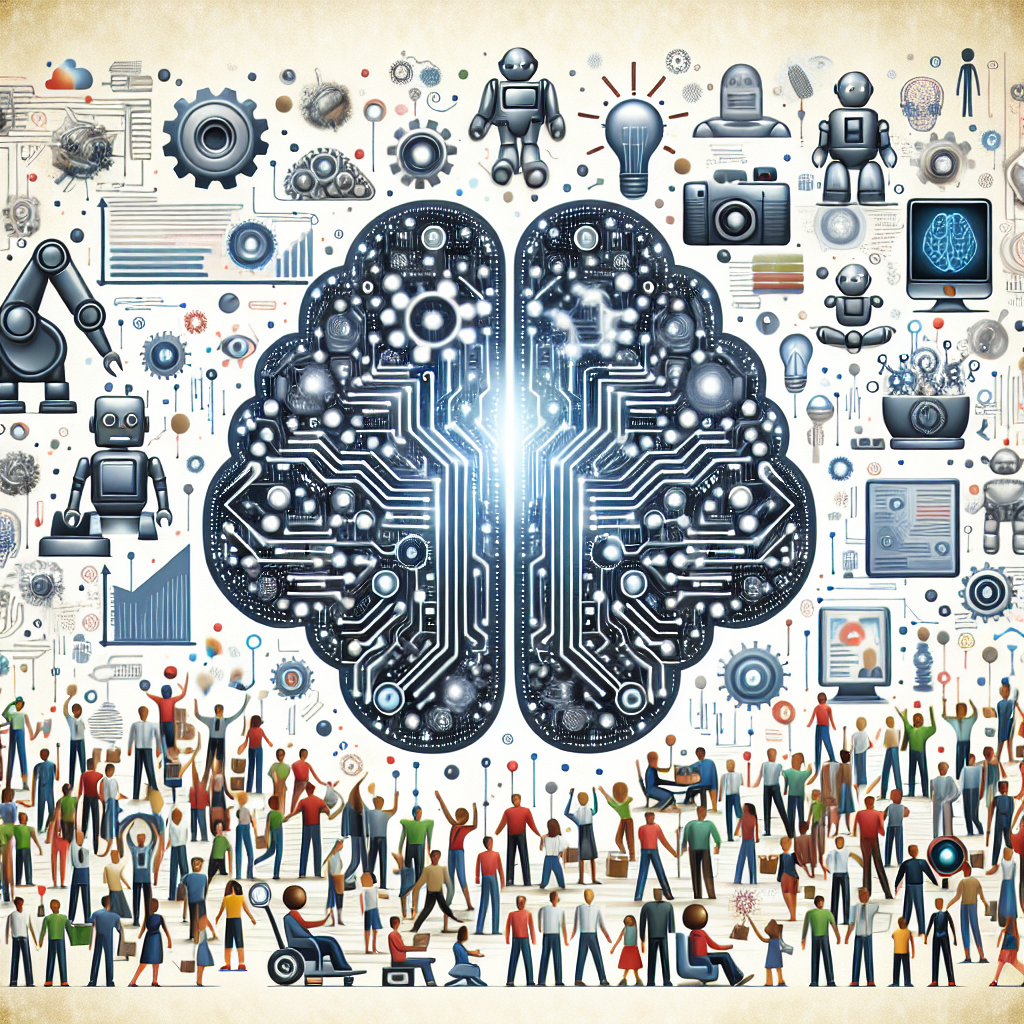
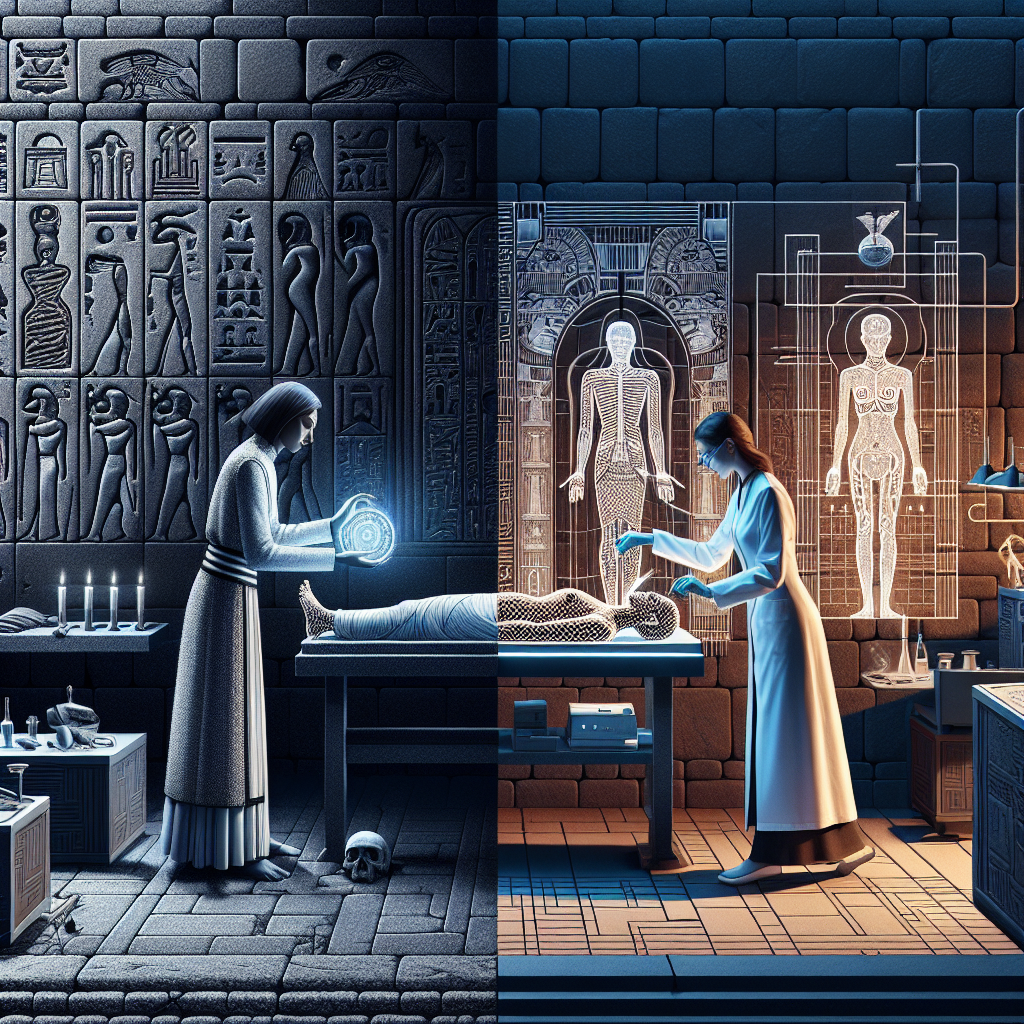
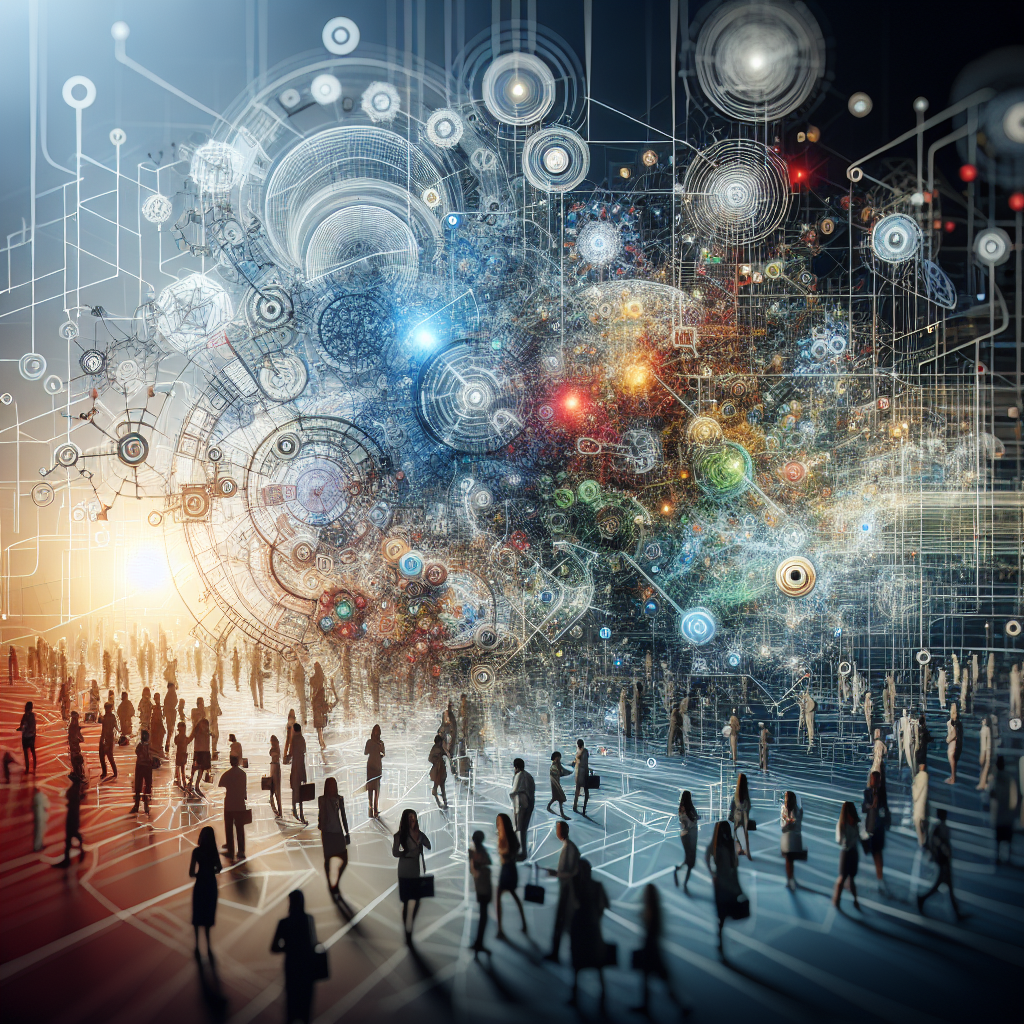
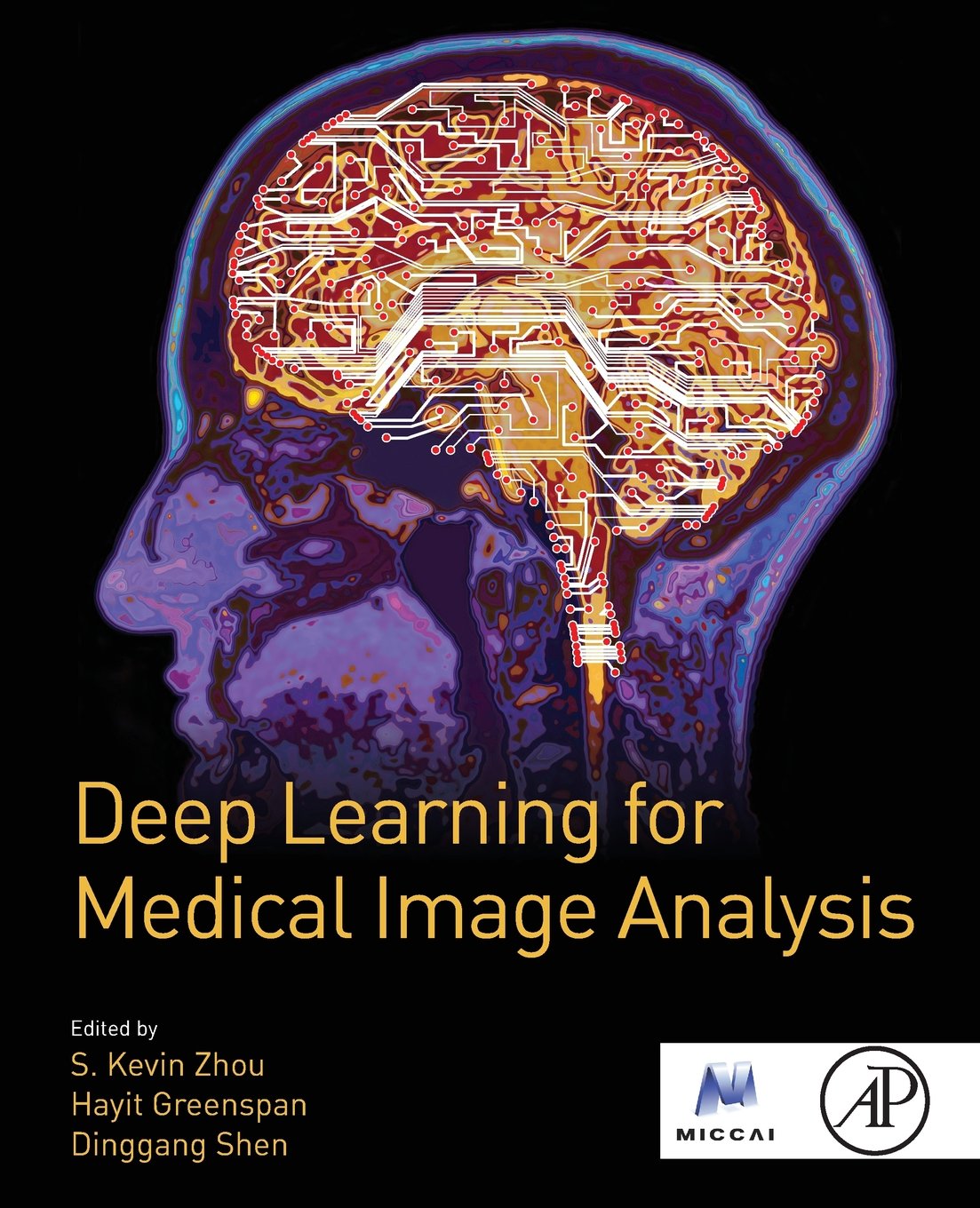

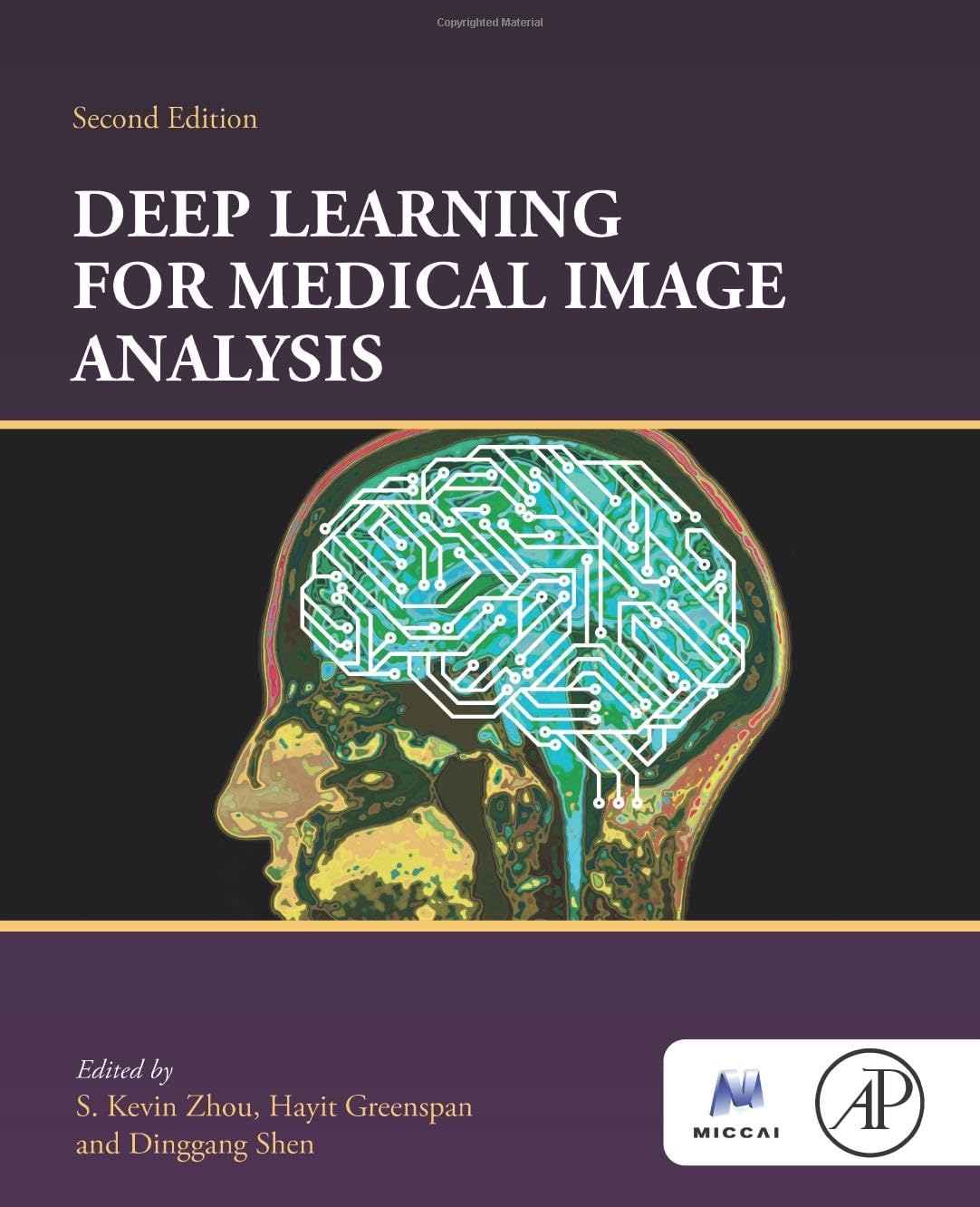

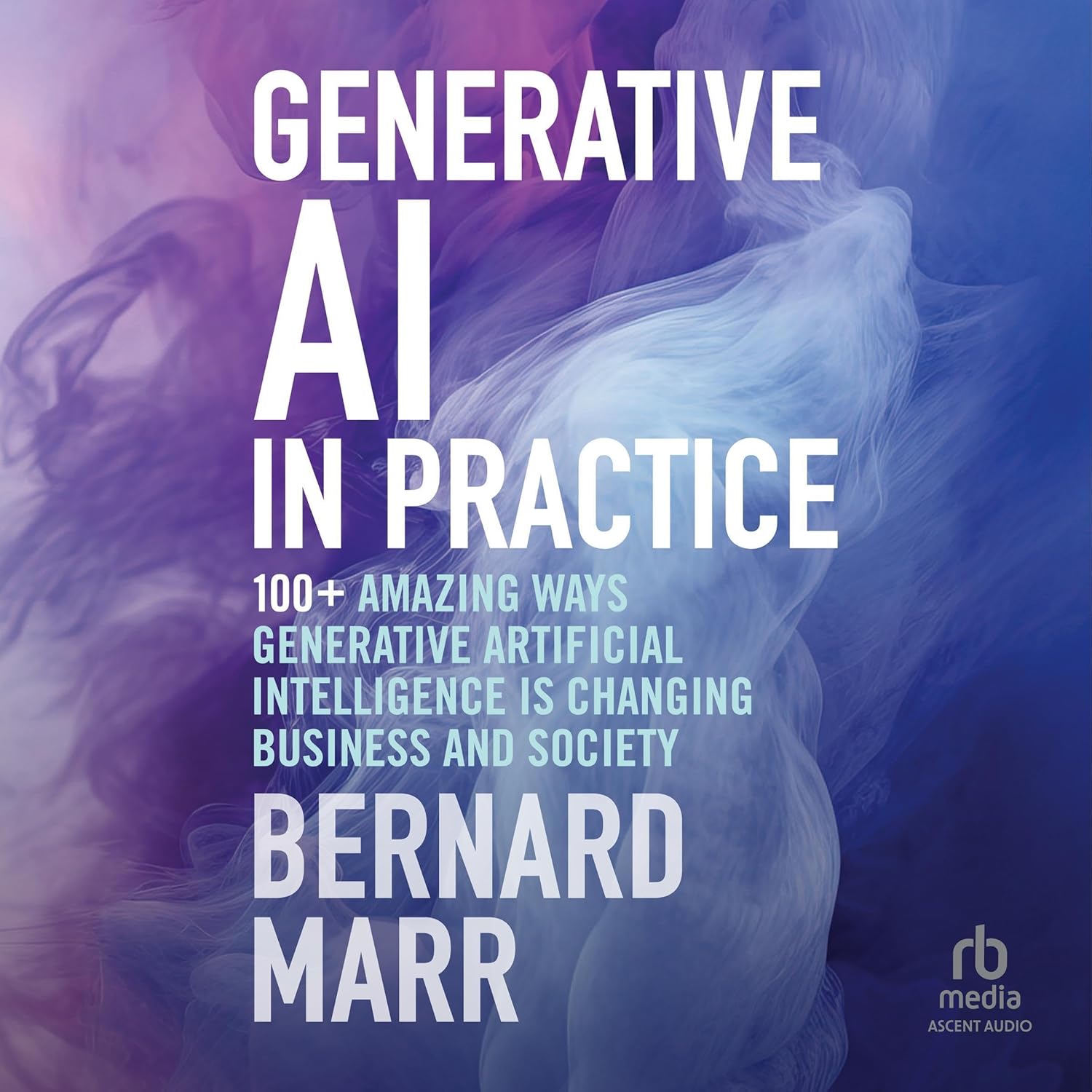
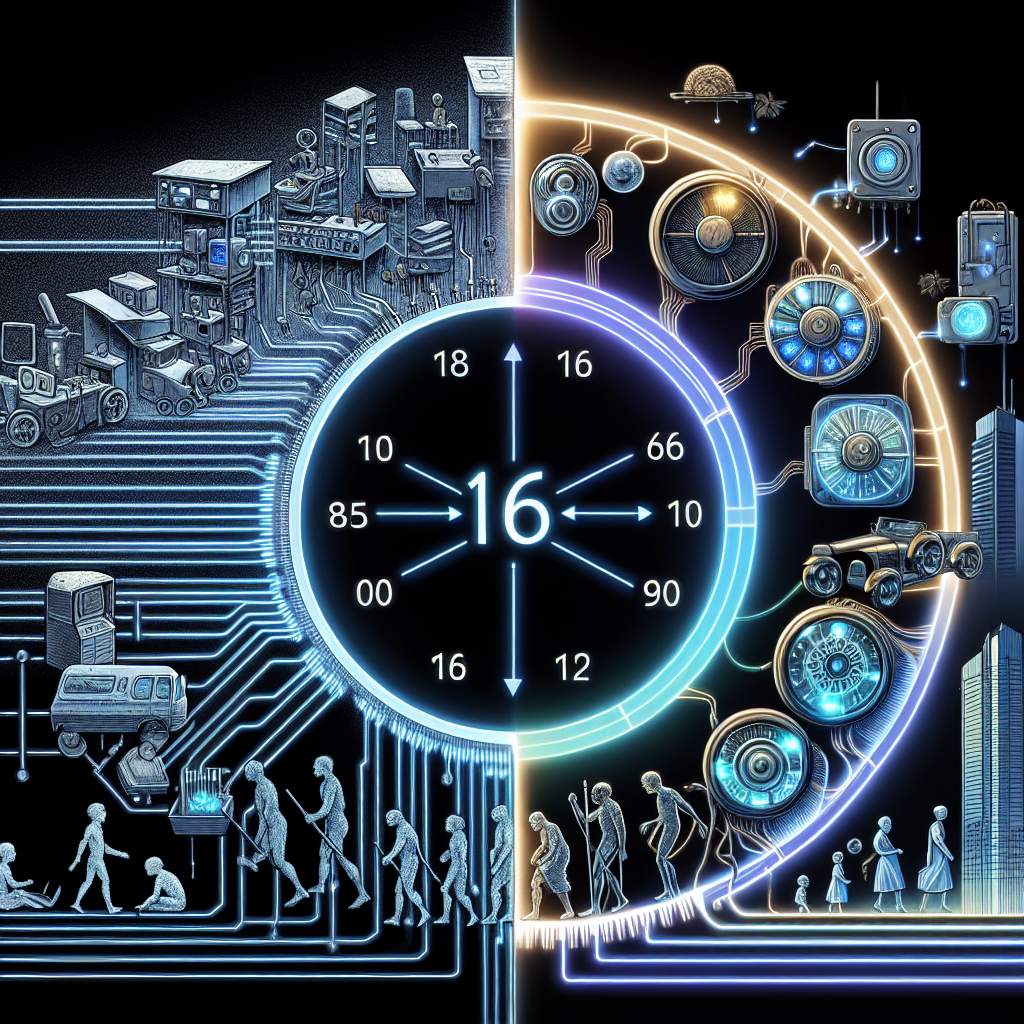


You must be logged in to post a comment.